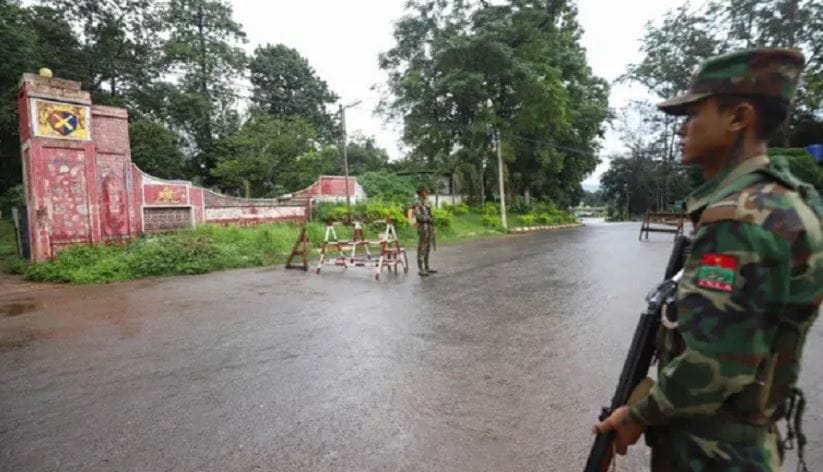Junta’s Extended Emergency Rule
On July 31, 2024, Myanmar’s beleaguered military regime announced an extension of the state of emergency for an additional six months. This extension, reported by state-run Myawaddy media, reflects the junta’s ongoing struggle to consolidate power amidst escalating violence and economic turmoil. The National Defence and Security Council’s decision aims to provide the regime with additional time to compile essential population data for upcoming voter lists, as they pledge to conduct elections in the near future.
The military first declared emergency rule following their coup in February 2021, which ousted the democratically elected government led by Aung San Suu Kyi. This move sparked widespread protests across the nation, which were met with brutal repression. Since then, the junta has repeatedly extended the state of emergency, responding to the growth of an armed resistance movement that now poses a significant challenge to the regime’s authority.
The Struggle for Stability
The junta’s recent extension of emergency rule has been justified by their claim of needing to restore “peace and stability” amid what they describe as ongoing terrorist activities. This term is used by the military to refer to the armed resistance groups that have emerged since the coup. The junta’s narrative underscores their portrayal of these groups as threats to national security, thus justifying their extended control.
The situation has deteriorated significantly since the coup. Despite promises of a return to civilian rule, the junta’s actions and repeated postponements of election timelines reveal a regime increasingly cornered by both internal dissent and external pressure. The recent transfer of presidential responsibilities to junta chief Min Aung Hlaing, due to the previous president’s prolonged illness, signals a consolidation of power at the top echelons of the military government.
Election Promises and Delays
The junta has consistently assured both domestic and international observers of its commitment to holding multi-party elections. General Min Aung Hlaing, the de facto leader, reiterated in June that elections would be conducted in 2025. However, this promise has been met with skepticism, particularly given the junta’s track record of postponing previous election schedules in response to ongoing violence.
The military’s justification for its actions includes allegations of electoral fraud in the November 2020 general elections, which were overwhelmingly won by Suu Kyi’s party. Despite these claims, independent election monitoring groups have found no substantial evidence of mass fraud. The junta’s assertion of election fraud has been widely contested, further fueling the conflict and undermining the legitimacy of their rule.
Summary
Myanmar’s military junta has extended the state of emergency as it struggles to maintain control amidst increasing armed resistance and a faltering economy. The regime’s actions, including repeated extensions of emergency rule and delays in promised elections, reflect its ongoing challenges and the deepening crisis in the country. With promises of elections in 2025, the junta faces growing skepticism and resistance, as it grapples with widespread internal unrest and international scrutiny.
Key Learning Points
| Point | Details |
|---|---|
| Extended Emergency Rule | Myanmar’s junta extends emergency rule for six months amid ongoing conflict and economic instability. |
| Justification for Extension | The junta cites the need to combat “terrorist activities” and to complete voter lists for upcoming elections. |
| Election Promises and Delays | General Min Aung Hlaing has promised elections in 2025, though previous election timelines have been postponed. |
Soumya Smruti Sahoo is a seasoned journalist with extensive experience in both international and Indian news writing. With a sharp analytical mind and a dedication to uncovering the truth, Soumya has built a reputation for delivering in-depth, well-researched articles that provide readers with a clear understanding of complex global and domestic issues. Her work reflects a deep commitment to journalistic integrity, making her a trusted source for accurate and insightful news coverage.



